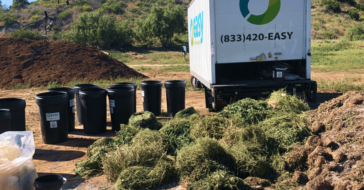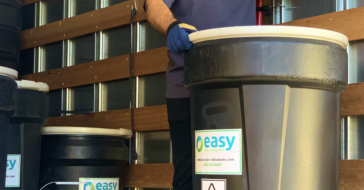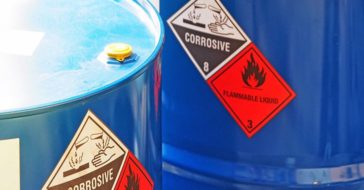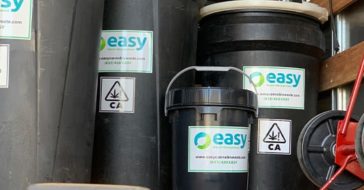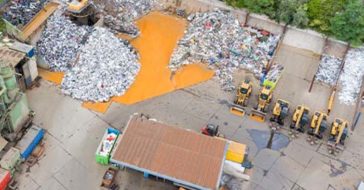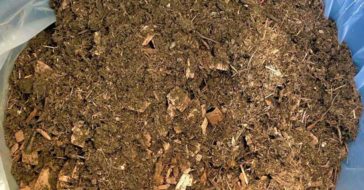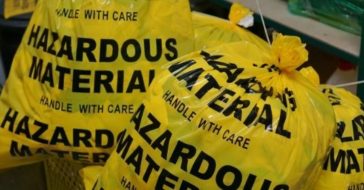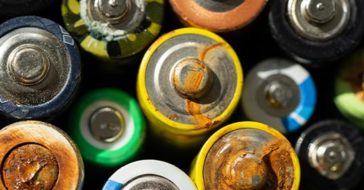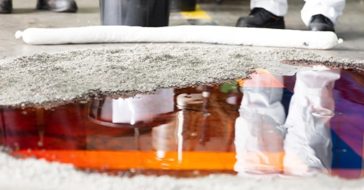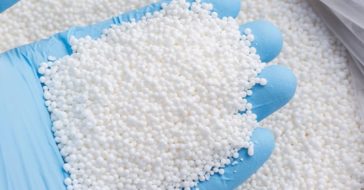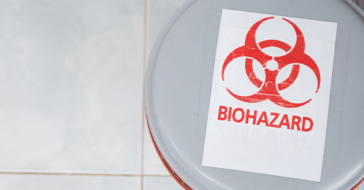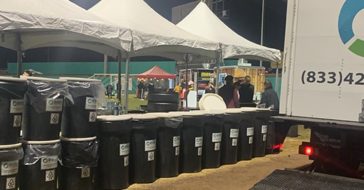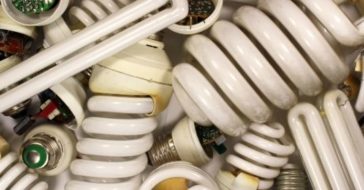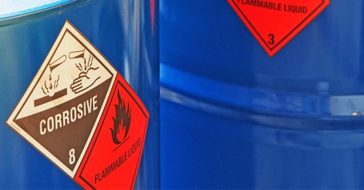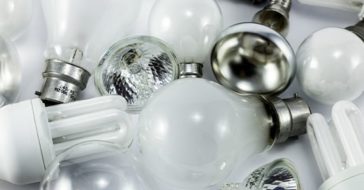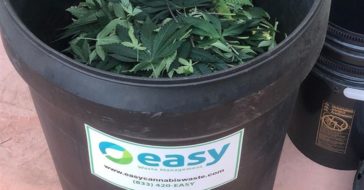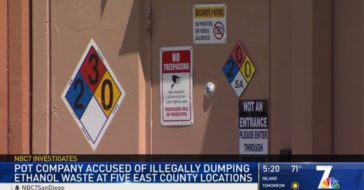You need to dispose of mercury-containing products with caution because of their toxicity. While California’s Mercury Reduction Act of 2001 banned the sale and distribution of mercury thermometers in an effort to reduce the substance’s environmental dangers and help phase out their use, you still may have one in your possession. Keep reading to learn how to dispose of mercury thermometers.
Mercury Waste Regulations in California
Mercury is a naturally occurring silver liquid found in rocks, water, and soil. You can find it in household items like thermostats, barometers, and compact fluorescent lights (CFLs), but its use is gradually being phased out. It is also commonly used in industrial and business operations.
Since mercury is toxic, you can’t just throw it in a landfill. The California Environmental Protection Agency (Cal/EPA) regulates its disposal because of its danger to both people and the environment. The Resource Conservation and Recovery Act (RCRA) classifies mercury-containing products as universal waste and sets requirements for how businesses and industries store, transport, and dispose of them.
Universal waste is a type of hazardous waste, meaning it may contain corrosive, reactive, or toxic substances. If your business has universal waste, you must follow the EPA’s guidelines for proper storage, transportation, and disposal.
Mercury Thermometer Disposal in Los Angeles
Here are some steps to follow for the safe disposal of mercury.
1. Double-check that your thermometer actually contains mercury.
Most newer models of thermometers use non-toxic liquids that only simulate mercury. Check if your thermometer has a mercury-free label. If it does, you can toss it with your regular trash.
2. Pack it for storage and transportation.
Place your mercury thermometer in a plastic container with a tight-fitting lid.
3. Label the container
Clearly mark the container with “Mercury – DO NOT OPEN.” Be sure to keep it out of reach of children and pets.
4. Check for collection sites near you.
Many local governments in southern California operate household hazardous waste programs that also accept waste from small businesses. Some also have collection programs for mercury-containing devices such as thermometers, manometers, and thermostats. You can also find a California recycling center near you that accepts mercury-containing products.
5. Transport
When transporting your thermometer to a local collection center for drop-off, place the container in your vehicle’s trunk and ensure it’s secure to avoid spilling or tipping.
Note: If you have a broken thermometer, you’ll need to take extra precautions to collect loose mercury beads. The EPA has set guidelines for cleaning up mercury spills with strict dos and don’ts. You can clean up small spills using paper towels and an eyedropper, but you must follow the proper procedures and be extremely careful. Exposure to mercury vapor can be dangerous.
Whatever type of waste you generate in your business operations, from mercury thermometers, thermostats, and fluorescent light bulbs, to cannabis waste, we have you covered. Our universal and cannabis waste disposal services will help you create a hazardous waste management plan that complies with local, state, and federal regulations. Reach out to our experts or schedule a free consultation today to get started.















